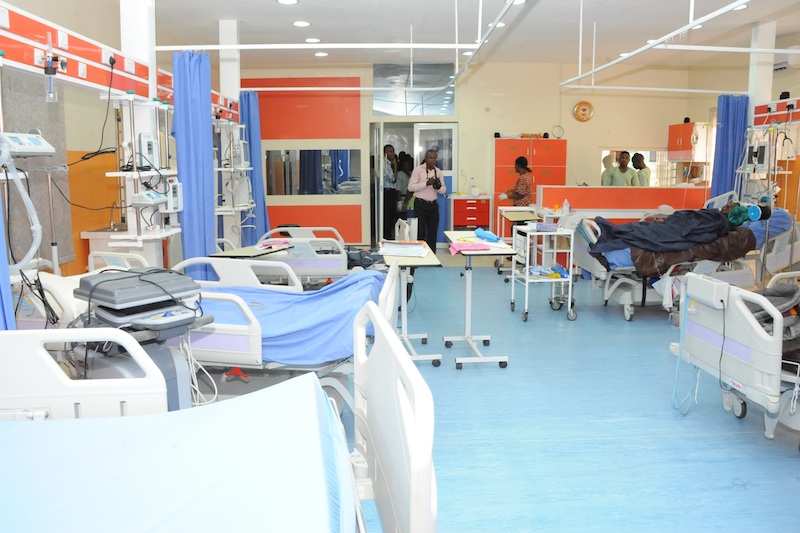Jacob Awobusuyi, a consultant nephrologist (kidney care expert), has on Monday, December 23, 2019, called on the federal and state governments to assist Nigerians battling kidney diseases because many of them die yearly as a result of insufficient funds to manage the ailment.
He made the call during the launch of N500 million kidney care trust fund by Remmy in Lagos, adding that 90 percent of Nigerians who start dialysis end up dying after a year due to lack of finance.
According to him, an average individual needed N500,000 on a monthly basis for regular maintenance haemodialysis, and that many could not afford it due to out-of-pocket payment, hence the increasing mortality of kidney patients.
He said the United States spent N34 billion yearly to care for people who needed kidney transplantation or end state kidney diseases.
He said 1.7 million people die of acute kidney infection, adding that 17 percent of people on hospital admission in various hospitals across Africa have acute kidney infection.
He urged individuals to pay more attention to their health as common things could cause kidney disease and failure.
In his analysis of the risk of developing chronic kidney disease, he said diabetes accounted for 52 percent, hypertension, 45 percent, while obesity accounted for 36 percent.
“Whoever has a family history should be wary because he or she can also become a victim of the sixth fastest growing cause of death in the world. Whoever has sickle cell anaemia and HIV is also prone to kidney disease,” he said.
Prince Ifeanyi Dike, a kidney disease survivor, said to prevent kidney disease, “Don’t add salt to your cooked food, go on holidays to relax your mind and body, be wary of canned food and most importantly, take good care of your body.”
Dike who has been to India twice for a kidney transplant appealed to the government to support dialysis centres to buy latest machines “as their machines are obsolete.”
He also urged the federal government to give consumables and a tax waiver on kidney drugs to allow more Nigerians assess treatment during dialysis and after transplant.







